Here's how emergency services work in Greece:
"Securing Greece: The Vital Role of the Alarm System in Safeguarding Citizens and Property"
„The alarm system in Greece, like in many other countries, plays a crucial role in ensuring the safety of citizens and protecting property. Greece, being a country with a rich history and diverse landscape, faces various security challenges, ranging from issues with crime to potential natural hazards such as earthquakes.
The alarm system in Greece has evolved with technological advancements and changing societal needs, providing increasingly sophisticated solutions aimed at effectively monitoring, responding to, and preventing incidents. Emergency medical services in Greece, also known as „EKAB” (National Center for Emergency Care), play a key role in the country’s alarm system, especially in cases of medical emergencies.
EKAB is a national medical service that deals with providing emergency medical assistance in situations such as road accidents, sudden illnesses, or natural disasters. It is a coordinated system that operates on the principle of incident reporting and rapid response to ensure assistance is provided as quickly as possible.
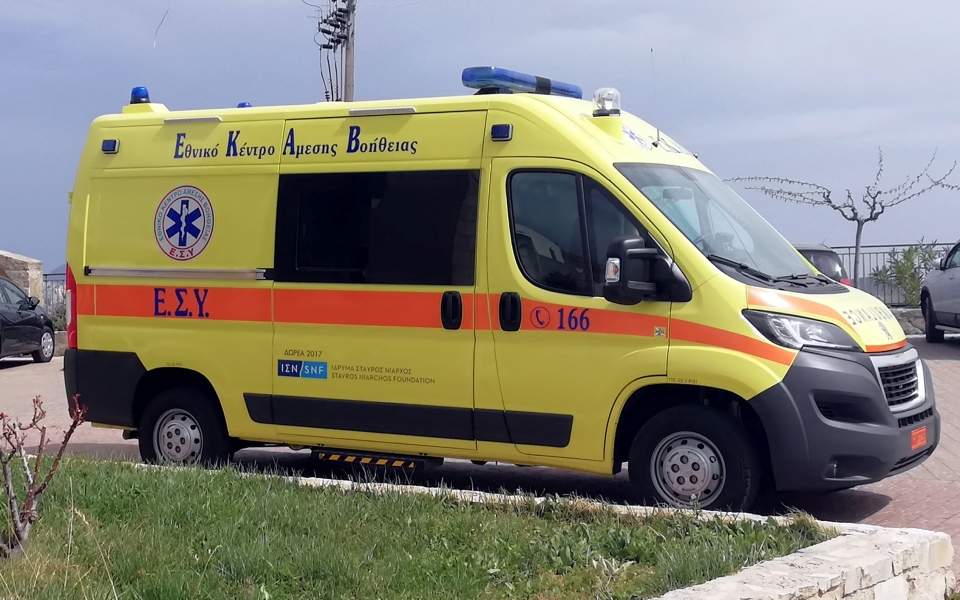
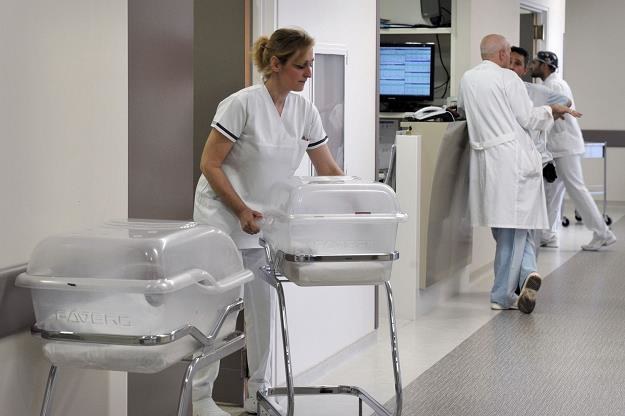
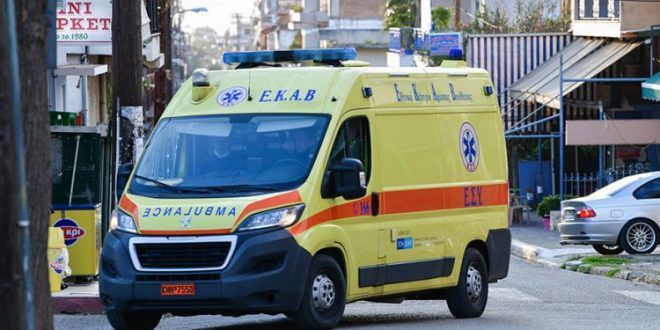
"Emergency Numbers: Vital Connections in Greece's Alarm System"
A fundamental element of the alarm system in Greece is emergency numbers, which allow for quick contact with the relevant services when needed.
The national emergency number is 112, which can be dialed from any mobile or landline phone to report emergencies such as road accidents, security threats, fires, or medical situations. Additionally, there are other emergency numbers such as 100 (police), 199 (fire brigade), and 166 (emergency medical services).
"Emergency Medical Services and Beyond: Ensuring Safety and Security in Greece"
In the case of medical emergencies, the emergency medical service in Greece operates on a similar basis to systems in other countries. After dialing the emergency number, the caller is connected to a dispatcher who gathers necessary information and dispatches rescue teams to the scene. Dispatchers are trained to quickly assess situations and take appropriate action, enabling effective coordination of rescue efforts.
However, the alarm system in Greece is not limited to medical situations. In the face of security threats such as terrorism or organized crime, there are special procedures and preventive measures aimed at protecting citizens and the country’s infrastructure. Collaboration between various agencies, such as the police, fire brigade, medical services, and military, plays a crucial role in effectively responding to various crisis situations.
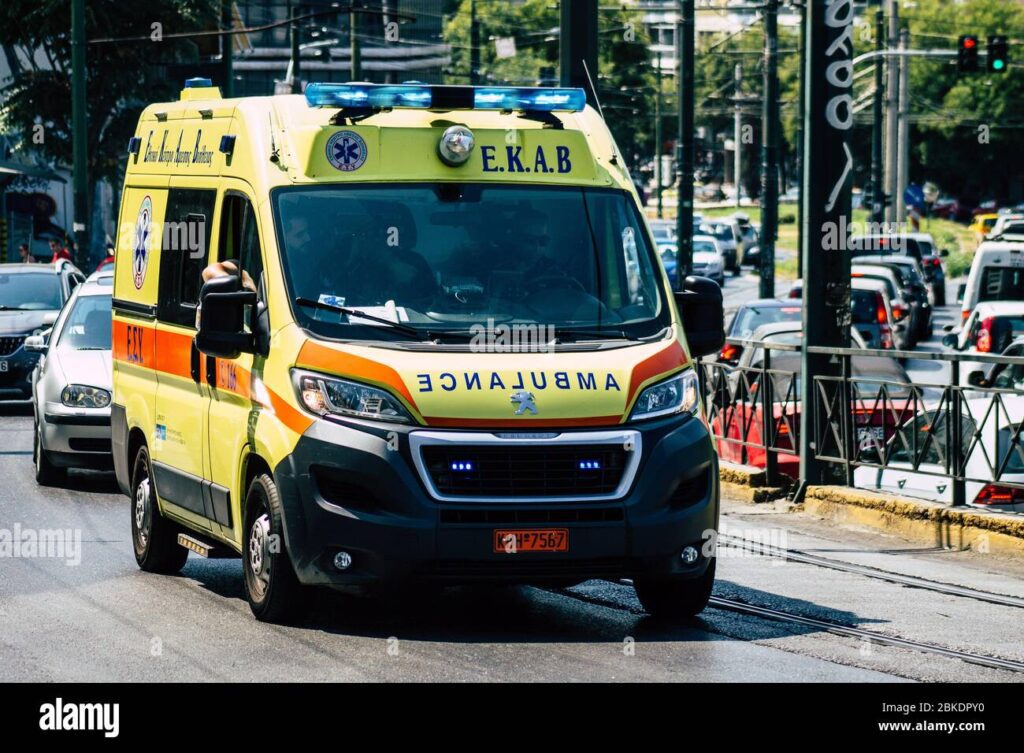
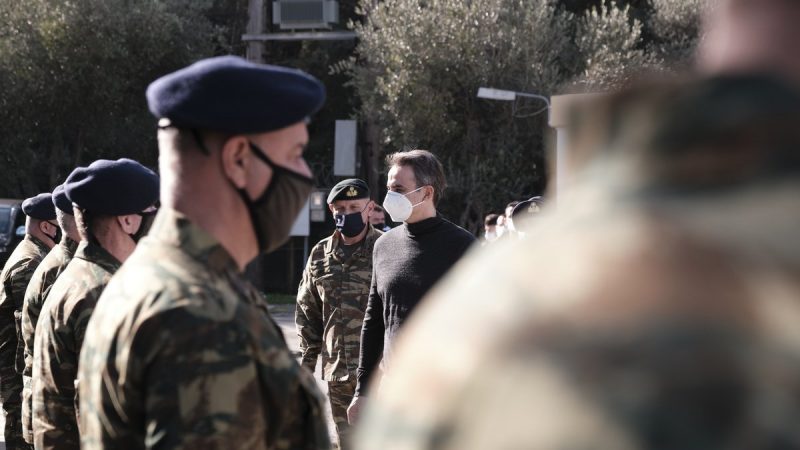
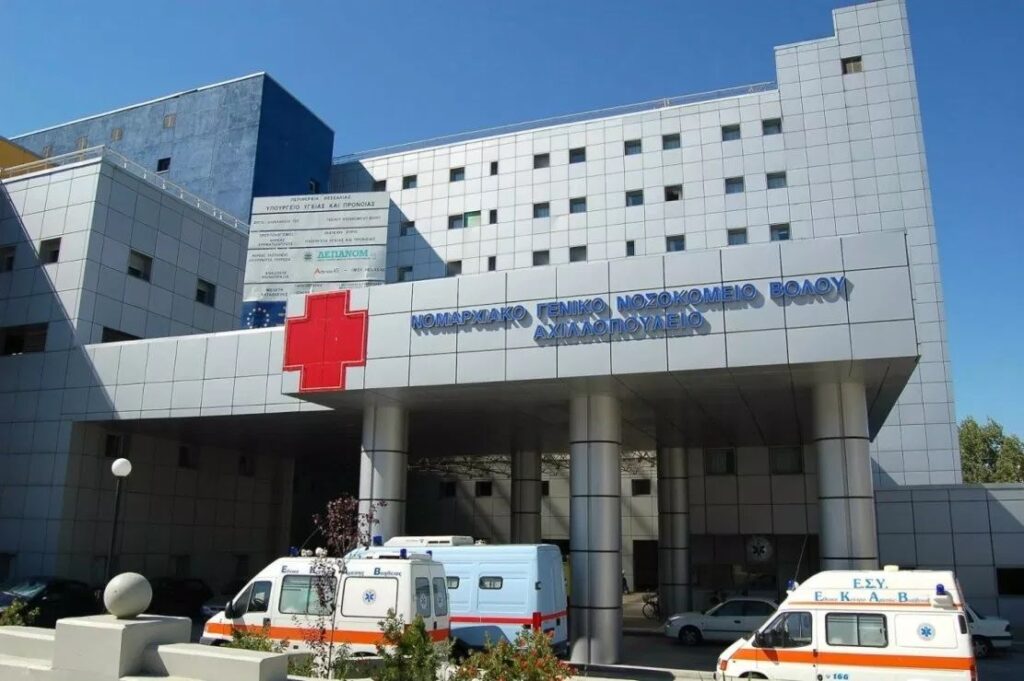
"Beyond Medical Emergencies: Safeguarding Greece Against Security Threats through Enhanced Collaboration and Technological Advancements"
However, the alarm system in Greece is not limited to medical situations. In the face of security threats such as terrorism or organized crime, there are special procedures and preventive measures aimed at protecting citizens and the country’s infrastructure. Collaboration between various agencies, such as the police, fire brigade, medical services, and military, plays a crucial role in effectively responding to various crisis situations.With technological advancements, the alarm system in Greece is constantly being modernized and improved.
The use of advanced technologies such as CCTV surveillance systems, motion sensors, or GPS systems allows for even faster response to crisis situations and more effective management of them. Moreover, the increasing integration of alarm systems at national and international levels allows for better information exchange and coordination of actions in the event of large-scale incidents.
"Empowering Society: The Crucial Role of Public Engagement in Greece's Alarm System"
The role of society in the functioning of the alarm system is also significant. Public education about emergency numbers, safety procedures, and behaviors in case of emergencies plays a crucial role in ensuring the effectiveness of the system. Knowledge and social awareness can contribute to faster response to crisis situations and minimizing their effects.
In summary, the alarm system in Greece is an integral part of the country’s security infrastructure, aimed at protecting citizens and property from various threats. Through continuous technological development, coordinated efforts of various agencies, and societal engagement, this system is able to effectively respond to diverse crisis situations, providing rapid assistance and minimizing losses.”go to various crisis situations.

